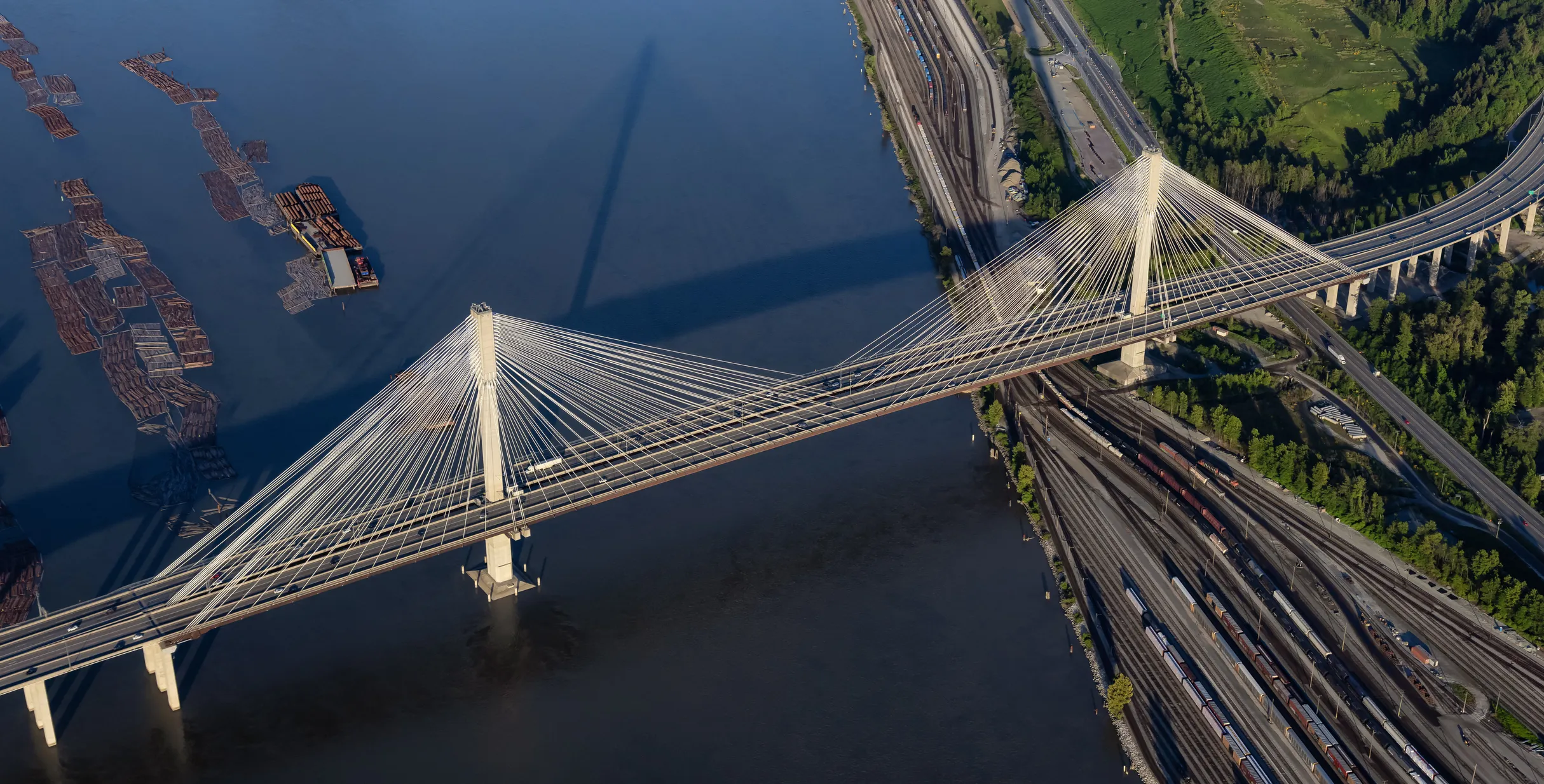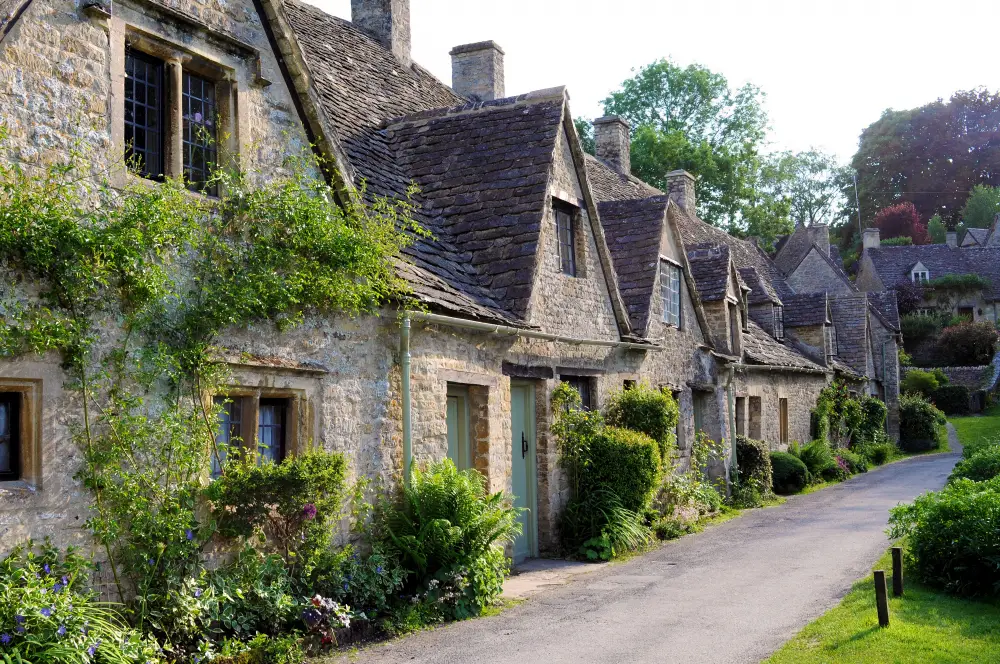The City of Delta land development landscape is transforming rapidly as growing demand for residential, commercial, and industrial infrastructure continues to surge in British Columbia. While traditionally a quieter municipality, Delta’s strategic location and well-planned growth strategy have placed it at the center of attention. Simultaneously, development in Langley Township is setting new records, driven by population growth, strategic investments, and community planning focused on sustainability and economic opportunity.

As British Columbia’s Lower Mainland becomes more interconnected, municipalities like Delta and Langley Township are becoming increasingly significant in the region's urban and economic development. Both areas are undergoing remarkable changes, shaped by infrastructure upgrades, real estate expansions, and the demand for livable, well-connected communities.
Strategic Expansion in the City of Delta
The City of Delta land development efforts have evolved significantly in recent years. Once largely agricultural and industrial, Delta is now welcoming mixed-use developments, transit-oriented housing, and environmentally conscious construction projects. North Delta, in particular, has seen a wave of new townhomes and mid-rise residential buildings. These are designed not only to accommodate population growth but also to provide more affordable housing alternatives for families looking to settle outside of Vancouver’s inflated property market.
South Delta has maintained its charming, small-town feel, but even this region is seeing thoughtful planning in terms of new amenities, parks, and updated commercial zones. Projects such as the Boundary Bay industrial park and improvements around Ladner and Tsawwassen emphasize Delta’s economic diversification and its push to remain competitive and attractive to investors and residents alike.
City planners have made sustainability a top priority. New Developments in North Delta must meet green building standards and are encouraged to integrate with green spaces, existing ecosystems, and pedestrian-friendly infrastructure. These changes reflect the city's commitment to balancing growth with environmental stewardship.
Langley Township: A Development Boomtown
While Delta continues to evolve, development in Langley Township has arguably been even more aggressive in terms of scale. Over the past decade, Langley Township has become a preferred destination for new homeowners, commercial investors, and developers seeking more land and growth potential. The township’s blend of rural charm and modern convenience makes it a unique and attractive option in the Fraser Valley.
Willoughby, one of Langley Township’s fastest-growing communities, has become a hotspot for master-planned communities, schools, and commercial hubs. New subdivisions, high-density residential towers, and expanded roadways are being developed at an unprecedented rate. With new infrastructure like the Highway 1 overpass improvements and upcoming SkyTrain extensions expected to reach Langley City, the entire Township is preparing for a transportation and real estate revolution.
Additionally, Langley’s robust industrial sector is expanding with the development of logistics hubs, warehouses, and light manufacturing facilities. This industrial growth supports job creation and offers economic resilience, making the township not just a bedroom community but a key player in BC’s economic network.
Connecting Delta and Langley: Infrastructure and Economic Synergy
Although separate municipalities, the growth in the City of Delta land development directly complements the development in Langley Township. Both municipalities benefit from being part of the TransLink service area, major highway connections, and a regional focus on coordinated land use and economic planning.
As housing prices continue to push people outward from Vancouver and Burnaby, areas like Delta and Langley offer more space, better value, and growing access to amenities. This creates a synergy where one municipality’s success supports the other. Industrial expansion in Delta, particularly near the port and airport, benefits from Langley’s logistics capabilities and vice versa.
Education, healthcare, and retail sectors are also expanding across both regions, offering residents a well-rounded community experience. The expansion of Kwantlen Polytechnic University campuses, new high schools, and health care centers are all part of broader plans to accommodate new residents and workers.
The Future of Real Estate and Development in the Region
The pace of City of Delta land development and development in Langley Township suggests long-term growth. However, this expansion does not come without challenges. Affordable housing, traffic congestion, and environmental concerns are hot-button issues that city councils must address.
Fortunately, both Delta and Langley have been proactive. In Delta, housing affordability strategies include promoting more rental and co-op housing. In Langley, the Township is working with the provincial government to ensure infrastructure keeps up with residential growth. Public consultations, online forums, and community engagement are helping shape policies that reflect the desires and needs of residents.
Furthermore, developers are increasingly embracing green design, including energy-efficient homes, community gardens, and walkable neighborhoods. The aim is to ensure that growth enhances—not harms—the natural environment.

Final Thoughts
The Lower Mainland’s evolving real estate landscape is showcasing the immense potential of municipalities outside of Vancouver. City of Delta land development is gaining traction with its balanced approach to urban planning and sustainability. Meanwhile, development in Langley Township continues to reshape the region with rapid population growth and robust infrastructure investment.
Together, these regions offer insight into the future of development in British Columbia—where smart growth, community planning, and economic resilience intersect. Whether you’re a homebuyer, investor, or urban planner, keeping an eye on Delta and Langley is essential. Their momentum is undeniable, and their role in shaping the future of the region is only just beginning.